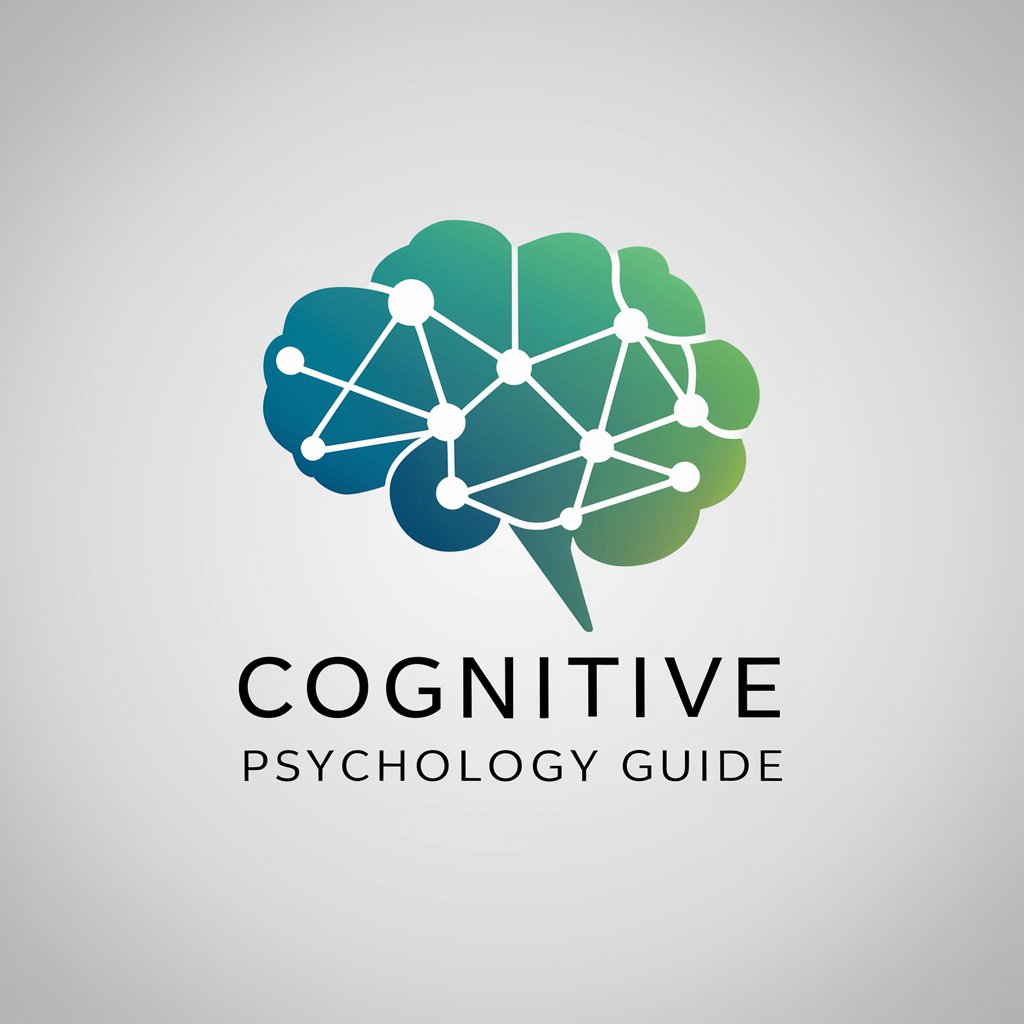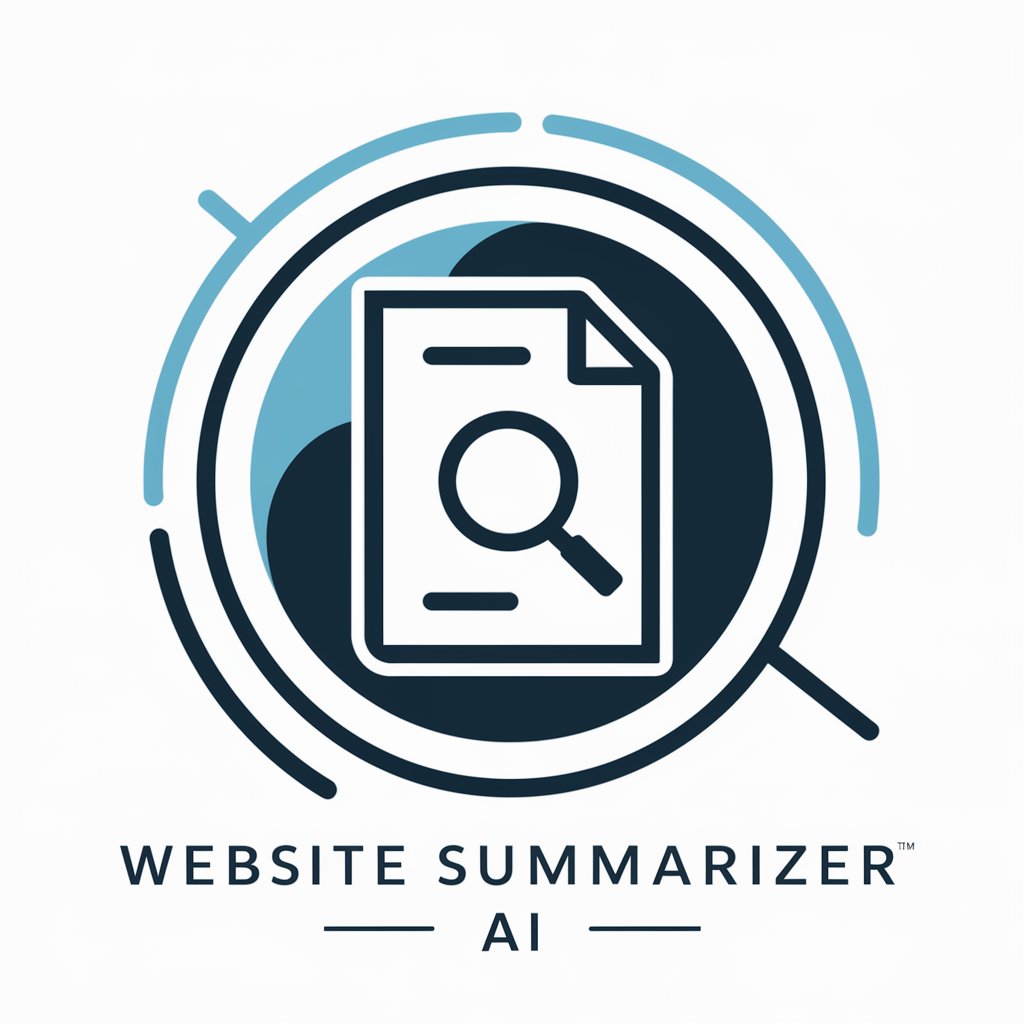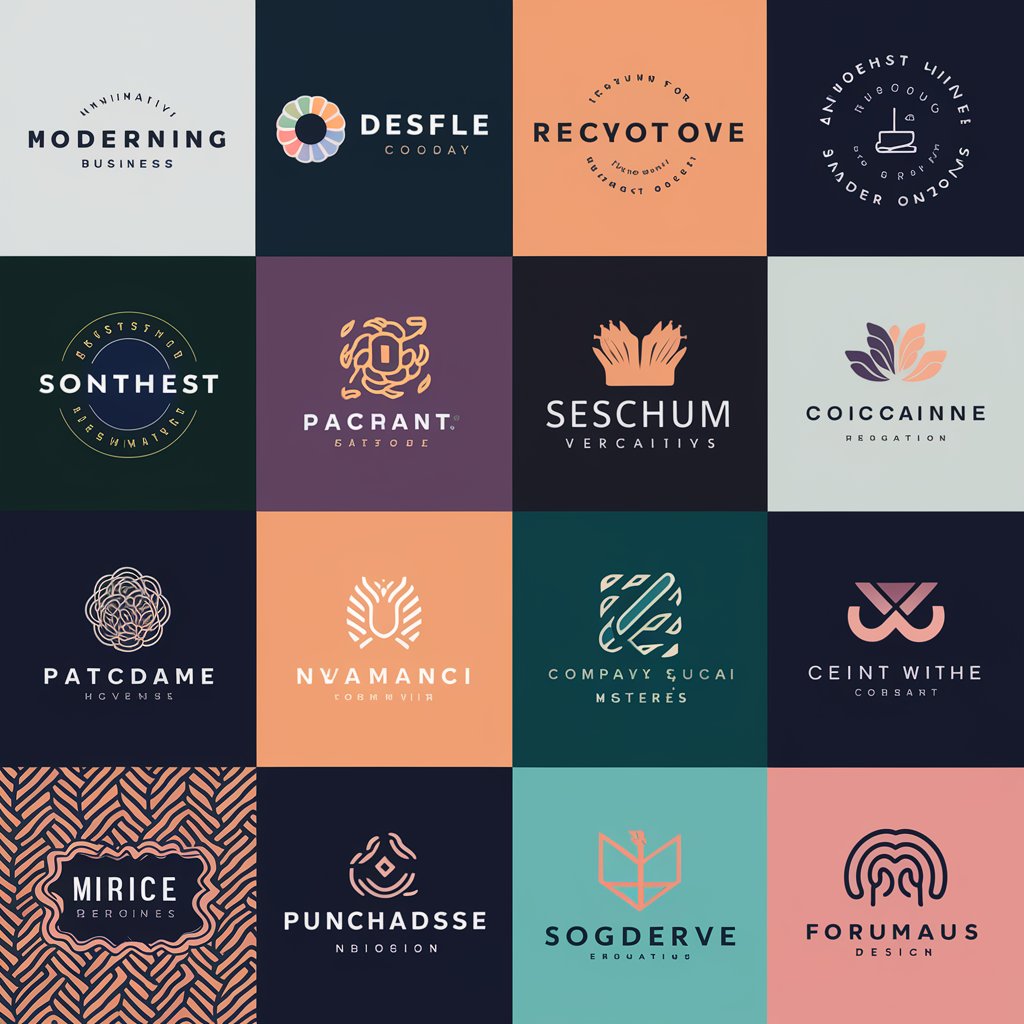Cognitive Biases - Cognitive Bias Insights

Illuminate Your Blind Spots with AI
What's a common cognitive bias I might not know about?
How can cognitive biases affect my business decisions?
Can you explain the Dunning-Kruger effect?
What daily habits can help me counteract biases?
Get Embed Code
Understanding Cognitive Biases
Cognitive Biases refer to the systematic patterns of deviation from norm or rationality in judgment, whereby inferences about other people and situations may be drawn in an illogical fashion. These biases are often a result of our brain's attempt to simplify information processing. They are the 'shortcuts' our minds create, saving us time and effort but sometimes leading to errors in decision-making, memory, and other cognitive processes. For example, the 'Confirmation Bias' leads individuals to favor information that confirms their preexisting beliefs or hypotheses, neglecting evidence to the contrary. This can be seen in scenarios like researching a product online where one might ignore negative reviews if they have already decided they like the product. Another example is the 'Anchoring Bias,' where people rely too heavily on the first piece of information they hear. In salary negotiations, the first number mentioned can unduly influence the outcome, regardless of the negotiation's logical progression. Powered by ChatGPT-4o。

Functions and Real-World Applications
Education and Awareness
Example
Teaching individuals about the 'Dunning-Kruger Effect,' a bias wherein people with limited knowledge or competence in a domain overestimate their own ability.
Scenario
In workplace training sessions, employees are made aware of this effect to foster a culture of continuous learning and humility.
Improving Decision Making
Example
Applying knowledge of the 'Sunk Cost Fallacy,' which makes people continue a venture or continue consuming something because they have already invested in it, regardless of the future costs or benefits.
Scenario
Advisors use this understanding to help businesses make better investment decisions, encouraging them to cut losses when necessary rather than continuing to invest in failing projects.
Enhancing Critical Thinking
Example
Highlighting the impact of 'Confirmation Bias' in research and news consumption, where individuals might only seek out information that confirms their preexisting beliefs or opinions.
Scenario
In academic settings, students are taught to recognize and challenge their biases, promoting a more balanced and critical approach to information evaluation and research.
Target User Groups for Cognitive Biases Services
Educators and Students
This group benefits from understanding cognitive biases to enhance teaching methods, learning strategies, and critical thinking skills. It aids in developing a more analytical approach to processing information and making decisions.
Professionals in Decision-Making Roles
Leaders, managers, and decision-makers in business or other organizations gain insights into their own decision-making processes, helping to avoid costly errors and improve outcomes by recognizing and mitigating biases.
Individuals Seeking Personal Development
Anyone interested in self-improvement can benefit from understanding cognitive biases. It helps in improving personal decision-making, relationships, and reducing everyday errors in judgment.

Using Cognitive Biases Effectively
Step 1
Start by visiting yeschat.ai for a complimentary experience without the need for registration or subscribing to ChatGPT Plus.
Step 2
Identify your current need or challenge. Cognitive Biases can assist in a range of scenarios from decision-making, problem-solving, to enhancing academic writing and research.
Step 3
Choose the relevant bias or concept. Utilize the provided categorizations or search functionality to find cognitive biases or concepts that best match your situation.
Step 4
Engage with the tool. Use the interactive quizzes, puzzles, and personalized advice features to deepen your understanding and application of cognitive biases.
Step 5
Apply insights gained. Use the knowledge and strategies discovered through Cognitive Biases to make more informed decisions, improve your academic work, or simply better understand human behavior.
Try other advanced and practical GPTs
Course CoPilot
AI-driven teaching assistant for educators
Course Crafter
Craft Engaging Courses with AI

Course Crafter
Crafting engaging, AI-powered business courses

Course Crafter
Empowering education through AI-driven design

Course Learner
Crafting Engaging Courses with AI

Course Summarizer
Transforming Education with AI-Powered Insights

Cognitive Clarity
Empowering relationships with AI-driven insights

Cognitive Coach
Boost Your Brainpower with AI

Cognitive Psychology Guide
Unlock cognitive psychology insights with AI.

Website Analyzer
AI-driven Insights for Web Excellence

Website summarizer
Unlock concise web content insights with AI

Website designer - logos, website, email template
Craft Your Digital Identity with AI

Frequently Asked Questions about Cognitive Biases
What are cognitive biases?
Cognitive biases are systematic patterns of deviation from norm or rationality in judgment, where inferences about other people and situations may be drawn in an illogical fashion. They are often a result of our brain's attempt to simplify information processing.
How can Cognitive Biases help in decision-making?
By understanding and recognizing cognitive biases, you can mitigate their influence on your decisions, leading to more rational, unbiased choices. The tool provides insights and strategies to recognize these biases in real-time.
Can Cognitive Biases improve academic performance?
Absolutely. By applying the understanding of cognitive biases in research and writing, students and academics can critically analyze sources, arguments, and their own work more effectively, leading to higher quality outcomes.
Are there interactive features within the Cognitive Biases tool?
Yes, the tool offers interactive quizzes, puzzles, and personalized advice to not only teach but also engage users in learning about cognitive biases in a more hands-on way.
How does Cognitive Biases stay updated with the latest research?
The tool incorporates the latest findings in psychology and behavioral economics, regularly updating its database with new insights and studies to ensure that users have access to the most current information.
